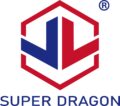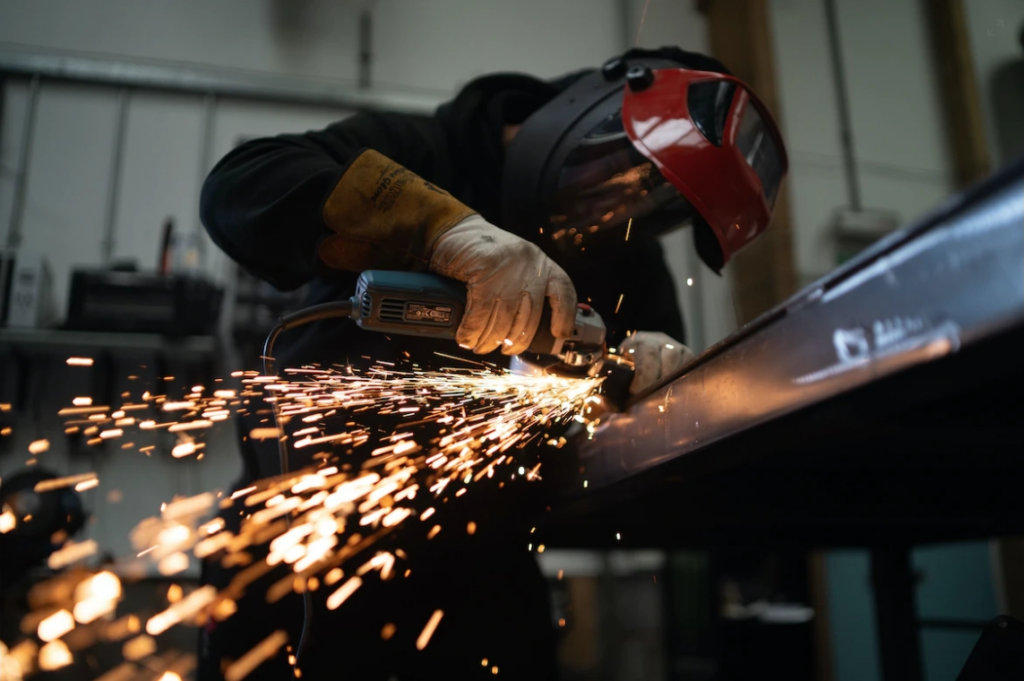In the intricate landscape of the manufacturing industry, where precision and efficiency are paramount, abrasive tools emerge as indispensable instruments. These tools, designed for cutting, grinding, and finishing applications, play a pivotal role in shaping raw materials into the finely crafted components that define modern manufacturing. This article delves into the multifaceted role of abrasive tools, exploring their significance, types, and impact on the manufacturing process.
Understanding the Significance
Abrasive tools are at the forefront of material removal processes in manufacturing. Whether it’s shaping metal, refining ceramics, or polishing composites, these tools are entrusted with tasks that demand meticulous attention to detail. Their ability to precisely remove material contributes to the creation of components with tight tolerances, ensuring the quality and reliability of the final product.
Exploring Types of Abrasive Tools
1. Grinding Wheels
- Ideal for precision grinding and shaping of metals.
- Different abrasive grains cater to varying hardness levels.
2. Sandpaper and Abrasive Belts
- Commonly used for surface finishing and woodworking applications.
- Grit sizes vary to achieve desired smoothness.
3. Diamond Tools
- Employed for cutting and grinding hard materials like ceramics and glass.
- Known for their exceptional hardness and durability.
4. Abrasive Discs and Brushes
- Versatile tools for deburring, cleaning, and surface preparation.
- Offered in various configurations for different applications.
Impact on Manufacturing Efficiency
The strategic integration of abrasive tools significantly enhances manufacturing efficiency:
1. Precision Machining
- Abrasive tools enable the creation of intricate shapes and precise dimensions.
- Essential for industries such as aerospace, automotive, and medical device manufacturing.
2. Surface Quality Enhancement
- Finishing applications with abrasive tools result in smooth surfaces.
- Improved aesthetics and reduced friction contribute to enhanced product performance.
3. Material Removal Rates
- Abrasive tools optimize material removal rates, reducing production time.
- High-efficiency grinding and cutting processes contribute to overall productivity.
Challenges and Solutions
While abrasive tools are instrumental in manufacturing, challenges such as tool wear and heat generation must be addressed. Implementing proper cooling systems, selecting the right tool for the material, and adhering to recommended operating parameters are essential for overcoming these challenges and ensuring longevity.
In the intricate dance of manufacturing, abrasive tools take center stage, transforming raw materials into precise components that drive technological progress. Their role in achieving precision, enhancing efficiency, and shaping the final product is irreplaceable. Manufacturers who recognize and harness the capabilities of abrasive tools find themselves at the forefront of innovation, producing high-quality products that define the standards of the modern industrial landscape.

